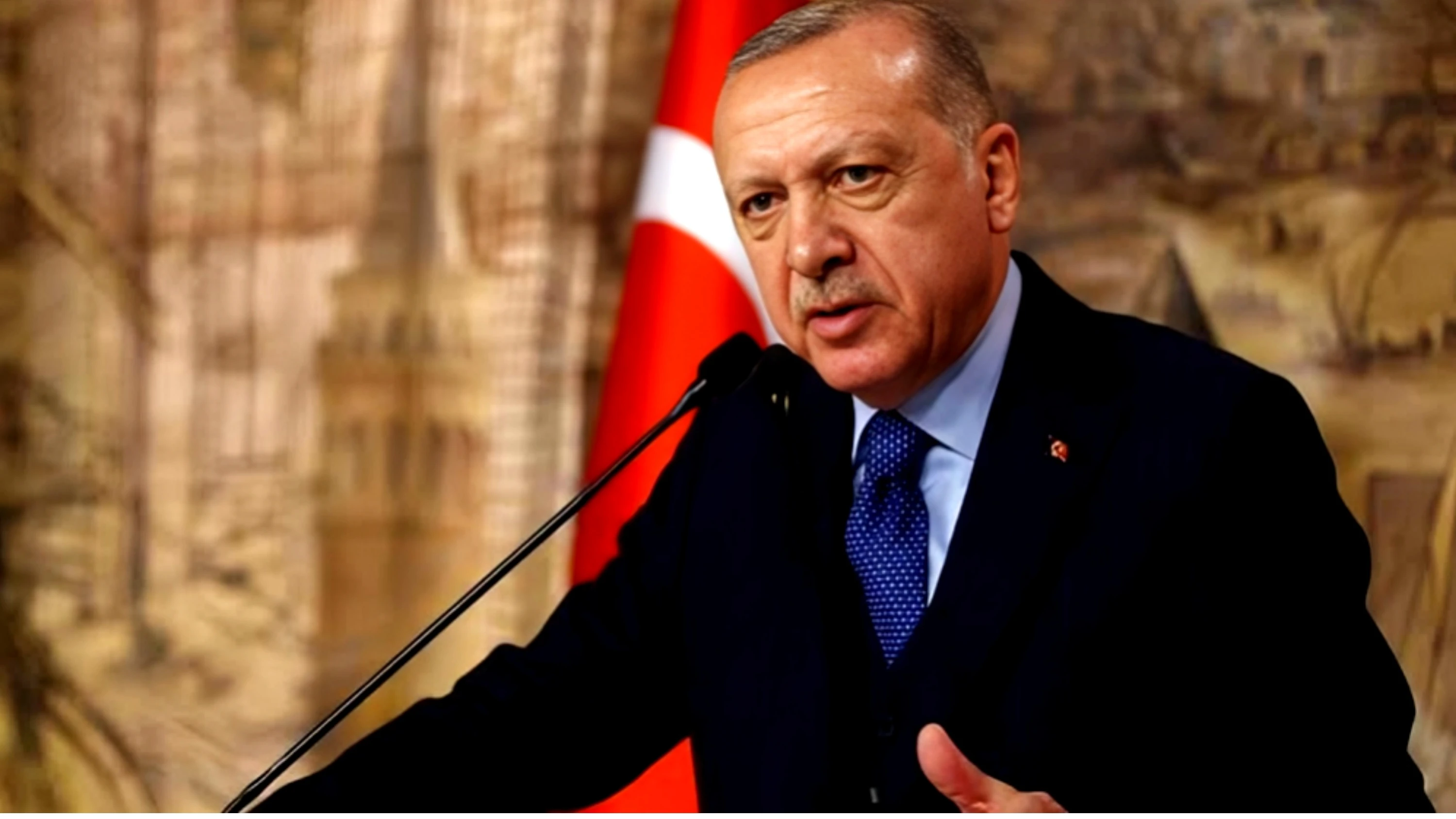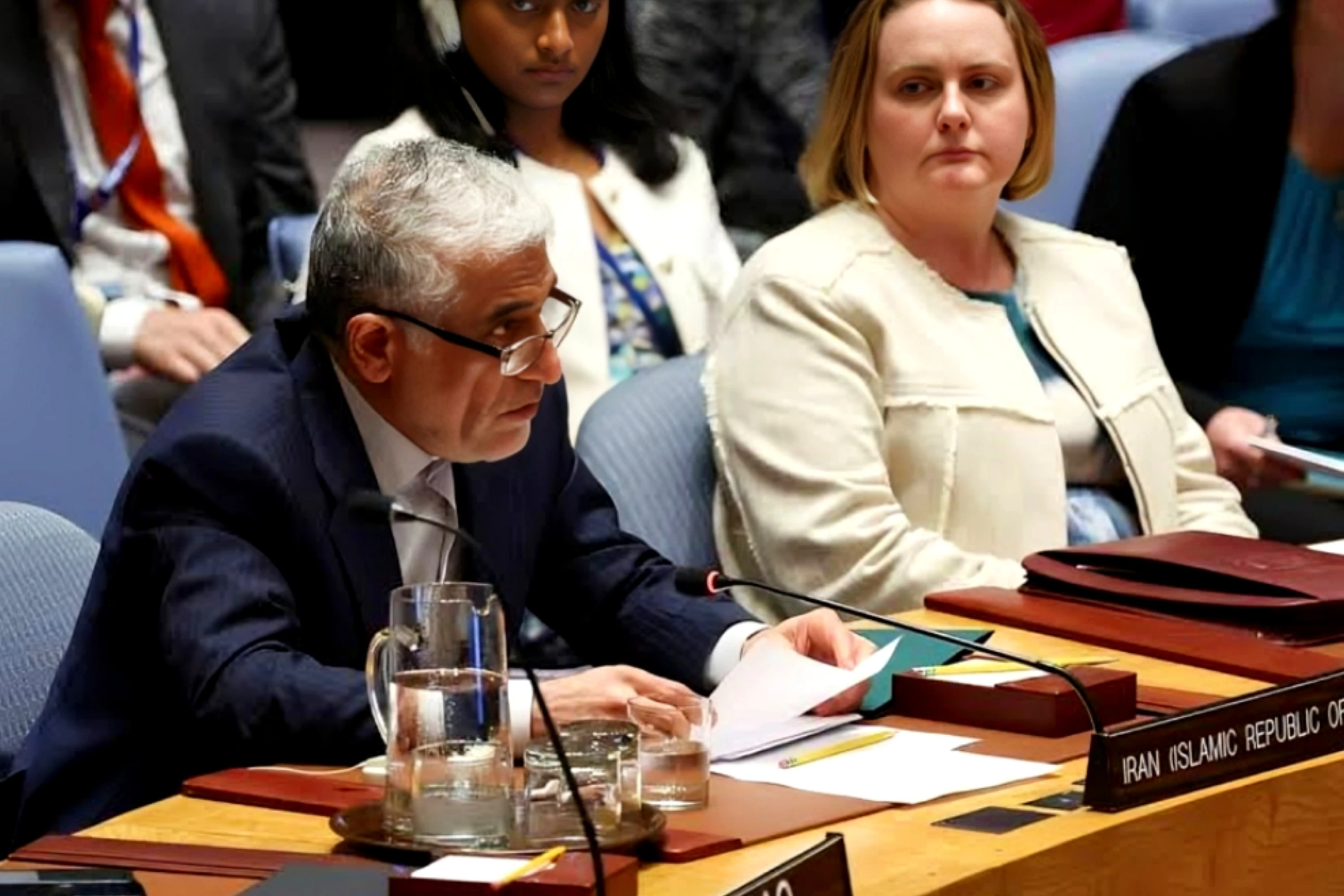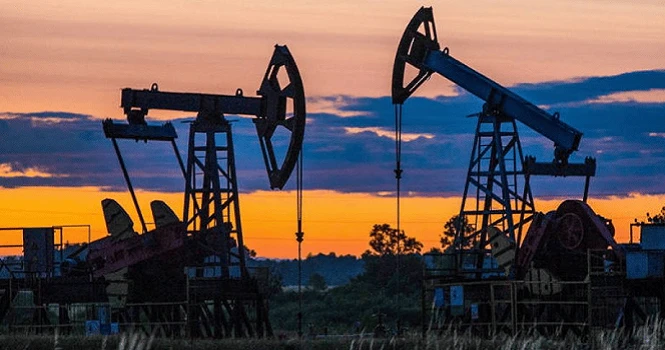Riyadh: In a dramatic shift in U.S. foreign policy, President Donald Trump announced the lifting of longstanding U.S. sanctions on Syria, signaling a major boost to the new government in Damascus.
This marks a significant step in Syria’s reintegration into the international community following the ousting of Bashar al-Assad in December 2024.
Speaking from Saudi Arabia on the first stop of his Middle East tour, which includes visits to Qatar and the UAE, President Trump said, “There’s a new government that deserves a chance to succeed and bring stability. I’m ordering the end of U.S. sanctions on Syria to help them pursue peace and prosperity.”
The announcement sparked scenes of celebration in Damascus and other parts of Syria, where people hope the easing of sanctions will help rescue the economy after more than a decade of war and devastation. The sanctions, originally imposed during Assad’s decades-long rule, were among the harshest in the world, targeting everything from arms sales and financial transactions to energy imports and foreign investment.
The U.S. first labeled Syria a “State Sponsor of Terrorism” in 1979, initiating a series of punitive measures that intensified after the outbreak of civil conflict in 2011. Assad’s crackdown on dissent and alleged use of chemical weapons drew global condemnation and spurred waves of new sanctions, particularly targeting regime figures and institutions.
Ahmed al-Sharaa, once the leader of the now-defunct Hayat Tahrir al-Sham (HTS)—a group with past ties to al-Qaeda—was previously the subject of a $10 million U.S. bounty. That reward was quietly removed earlier this year as part of a broader softening of Washington’s posture toward the new Syrian leadership. HTS was designated a terrorist organization during the Assad era, complicating efforts to reengage diplomatically with Syria after Assad's fall.
Since assuming power, al-Sharaa has sought to distance his administration from extremist elements and rebuild ties with regional and global powers. His government has publicly committed to counterterrorism cooperation, minority rights protections, and economic reforms. Reports have also emerged of backchannel talks between Syria and Israel—mediated by regional actors—as part of Damascus’s efforts to reduce tensions and gain broader international acceptance.
U.S. officials said the sanctions relief followed consultations with Saudi Crown Prince Mohammed bin Salman and Turkish President Recep Tayyip Erdogan. Trump, known for his close ties to Riyadh, jokingly remarked, “Oh, what I do for the crown prince!”
The decision is expected to pave the way for renewed economic engagement in Syria, particularly from Arab and Turkish investors. Though it remains unclear whether U.S. firms will immediately enter the Syrian market, the policy shift removes a major barrier for other international actors. Some reports have even speculated on the possibility of Trump-branded real estate developments in Damascus.
Analysts caution that while the sanctions rollback is a major development, Syria still faces enormous economic and political challenges. Years of war have left the country’s infrastructure in ruins, unemployment remains widespread, and the power grid is unreliable.
With Washington’s blessing, Damascus may now find itself on a path toward greater regional integration and, potentially, a role in shaping the post-conflict Middle East.
[Human Online, Reuters, Al Jazeera]








